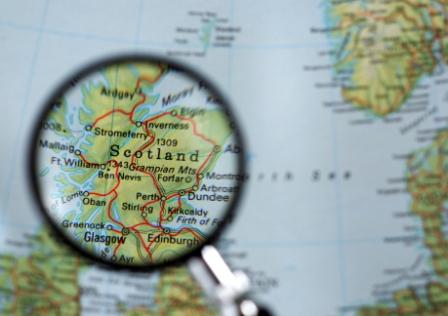Giving to refugees

You will have seen the current news coverage of people trying to cross Europe and needing urgent help and support. It’s natural that many of us are moved by their situation and want to do what we can to help.
If you are looking for ways to help, or to donate to charities providing humanitarian assistance, it’s important that you consider a few simple checks to make sure that your donations go to those you’re intending to support.
You can check for registered charities using our Register search. We would also recommend that it’s quicker, easier and more effective to donate to, or volunteer with, established, experienced charities and organisations working in this field rather than setting up your own.
Scotland Welcomes Refugees is an online hub set up the Scottish Government and the Scottish Refugee Council and provides practical information on how you can help.
The British Red Cross also has news and information on how to help.
The Scottish Refugee Council sets out how you can give practical help and assistance, with useful links to other organisations.
The UNHCR has updates on its website.
As well as the above links, we’ve also listed a few simple checks to help you to give safely.
- If you’re asked for a donation to a charity, check that it’s genuine by searching the Scottish Charity Register(England and Wales charities are registered with Charity Commission for England and Wales).
- When approached by collectors, check whether they are wearing a proper ID badge, and that any collection tin is sealed. Be wary of ID that looks photocopied or home made. Check that collecting tins and buckets bear the name of the charity and are sealed and undamaged – it’s illegal to collect in ordinary containers.
- If in doubt, ask the collector for more information - a genuine fundraiser should be happy to answer questions and explain more about the work of the charity.
- Genuine fundraising materials should feature the charity’s name, registered name and a landline contact number. Be wary of those that list only a mobile number.
- To check whether a fundraiser is authorised to collect money in a public place, contact your local authority. If it is a private place, check with the owner. A few Scottish charities are exempt from licensing – check with the Regulator.
- Take care when responding to emails or clicking direct links to a website to check they are genuine. Instead, search online for your favourite charity to check that you have the right web address.
- Carefully review collection bags for clothing and household goods to check whether they are from a genuine charity.
- After making these checks, if you think that a collection or appeal is not legitimate, report it to Action Fraud on 0300 123 2040 or to Police Scotland on 101. The Scottish Charity Regulator has powers to act where an organisation claims to be a charity when it is not entered in the Scottish Charity Register.
- If in any doubt, contact your favoured charity direct to make a donation.
There are many groups being set up to volunteer support and assistance, and to collect donations for refugees. A genuine desire to help is understandable, but if it’s important to you that you donate to a registered charity, carry out the above checks for reassurance.
